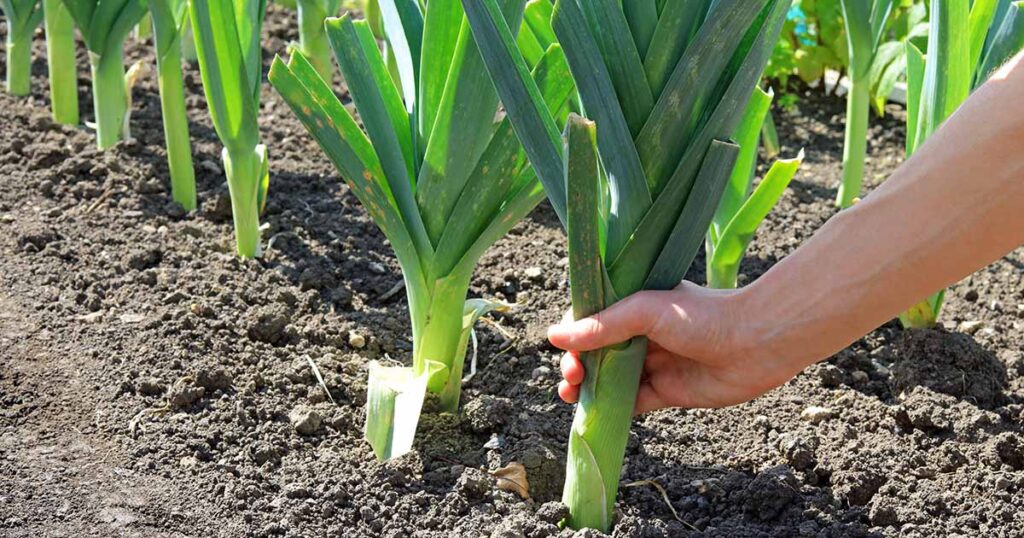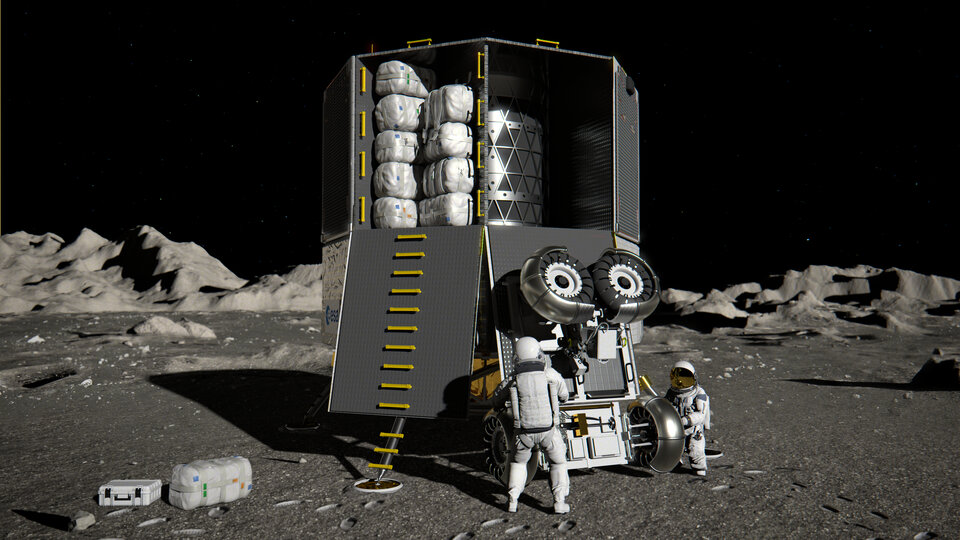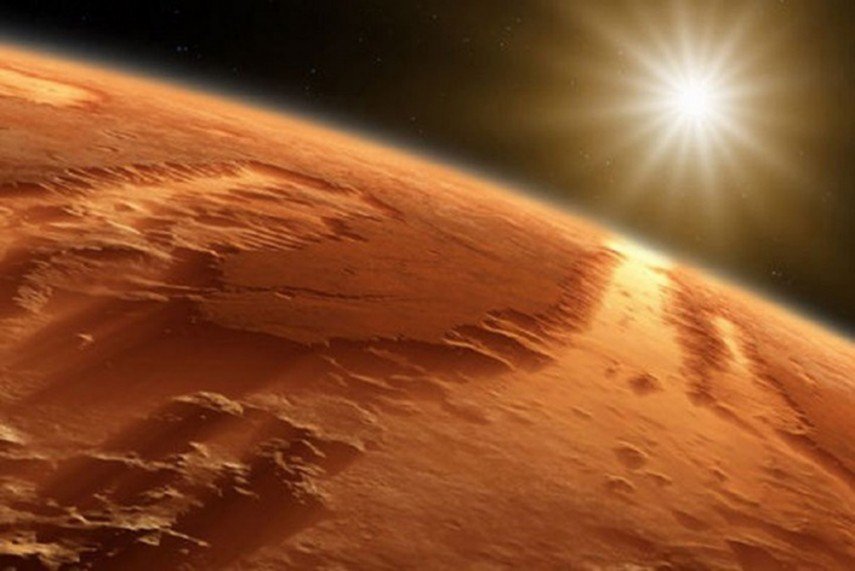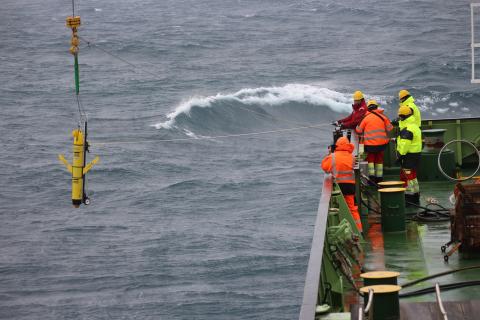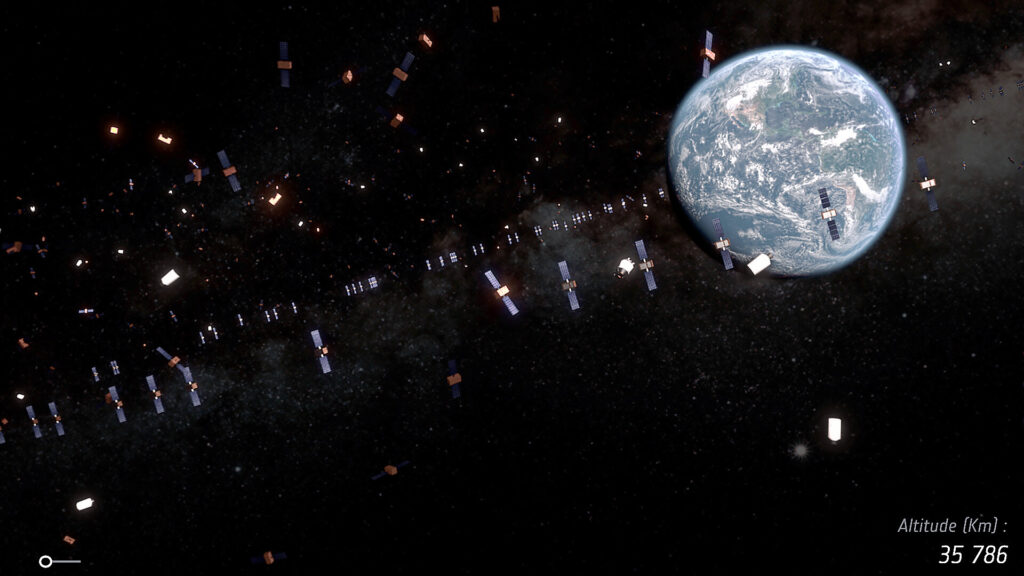You already know what your favorite TV shows are, and you probably know what your friends’ favorite shows are, particularly if they’re
THIS easy-to-grow veg flavours soups and stews in winter, but baby versions also boost summer salads and stir-fries.
MoreIn a first step towards uncovering the Moon's subterranean secrets, in 2019 we asked for your ideas to detect, map and explore lunar caves.
MoreGiant dust devils – swirling columns of wind – are constantly scouring the surface of Mars.
MoreDNA profiling methods have become faster, more sensitive, and more user-friendly since the first murderer was caught with help from genetic evidence
MoreItaly’s Mount Etna, one of the world’s most active volcanoes, has erupted twice in less than 48 hours, spewing a fountain of lava and ash into the sky.
MoreNew images released today show the UK’s National Oceanography Centre launching a robotic underwater glider from the RRS James Cook.
MoreThe Copernicus Sentinel-2 mission takes us over Lusaka – the capital and largest city of Zambia.
MoreFor the first time in over a decade, the European Space Agency is seeking new astronauts.
MoreSea salt embedded in the dusty surface of Mars and lofted into the planet’s atmosphere has led to the discovery of hydrogen chloride – the first time the ESA-Roscosmos ExoMars Trace Gas Orbiter has detected a new gas.
MoreSpace debris is an issue of global concern that threatens our continued use of near-Earth space for the benefit of humankind.
More

